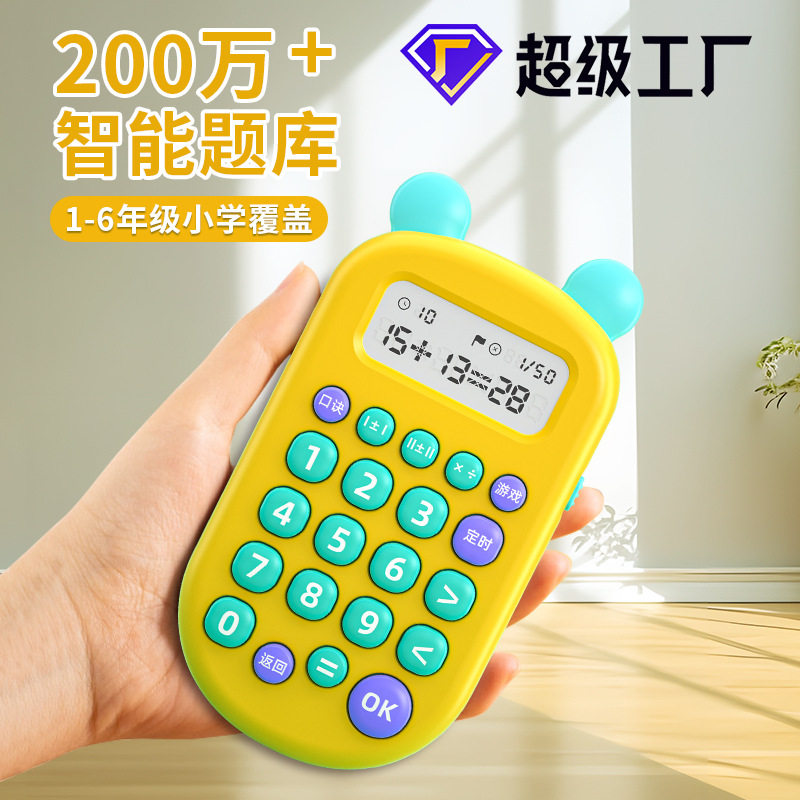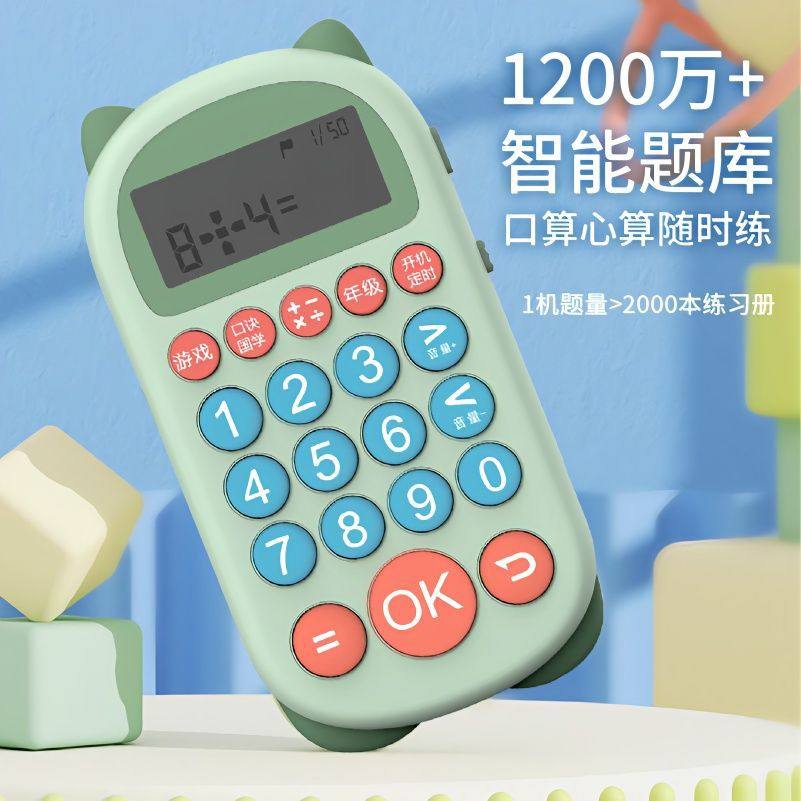学习神器大揭秘:学习用品的选择与使用技巧
峎迥匞
2024-11-12 17:01:12
0次
学习神器大揭秘:学习用品的选择与使用技巧
学习过程中,学习用品扮演着不可或缺的角色。从笔记本到电子设备,合适的工具能够帮助我们更有效地学习和进步。那么,哪些学习用品是我们必备的?我们又该如何正确选择和使用它们呢?下面就让我们一起来揭秘这些学习神器。
一、学习用品的选择
1. 笔和纸
首先,一支好的笔和纸是我们学习过程中最基本的工具。在选择笔时,应考虑书写流畅度、握笔舒适度以及耐用性。另外,为了满足不同的笔记需求,可以选择不同颜色或类型的笔,比如蓝色、黑色和红色等,以便于区分重点和非重点信息。纸的选择上,则可以选择书写流畅、不透墨的纸张。
2. 书包
一个好的书包可以让我们更方便地携带学习用品。在选择书包时,应考虑其容量、材质和设计。容量要足够大,以便于装下所有学习用品;材质则应防水且耐磨;设计方面,则可以根据个人喜好来选择。
3. 平板电脑与电子阅读器
随着科技的发展,电子设备在学习中也扮演着越来越重要的角色。平板电脑具有丰富的功能,如查阅资料、写作和阅读等。而电子阅读器则更适合阅读电子书籍和文档。在选择时,应考虑其性能、屏幕大小和电池续航等。
二、使用技巧
1. 笔和纸的使用技巧
在书写时,应保持正确的坐姿和握笔姿势,以减少疲劳和提高书写效率。同时,合理利用不同颜色和类型的笔进行笔记,有助于区分重点和非重点信息,方便后续复习。此外,定期整理和回顾笔记也是非常重要的。
2. 书包的使用技巧
将学习用品分类放置在书包内,以便于快速找到所需物品。同时,要定期清理书包,避免存放过多的杂物。在放置书包时,应避免将其放在潮湿或阳光直射的地方,以延长其使用寿命。
3. 电子设备的使用技巧
在使用电子设备时,首先要保证良好的网络连接。其次,要合理利用各种学习软件和应用程序来辅助学习。此外,定期对电子设备进行维护和保养也是非常重要的,如清理缓存、检查电池等。
三、翻译成英文:
The Secrets of Learning Tools: Selection and Usage Tips for Study Aids
In the process of learning, study aids play an indispensable role. From notebooks to electronic devices, the right tools can help us learn more effectively and make progress. So, which study aids do we need? And how should we properly select and use them? Let's explore these learning tools in detail below.
I. Selection of Study Aids
1. Pens and Paper
Firstly, a good pen and paper are the most basic tools in our learning process. When selecting a pen, consider factors such as writing smoothness, comfort of holding, and durability. Additionally, to meet different note-taking needs, choose different colors or types of pens, such as blue, black, and red, to distinguish between key and non-key information. As for paper, choose a type that writes smoothly and does not bleed. 2. Backpacks A good backpack can make it easier for us to carry our study aids. When choosing a backpack, consider its capacity, material, and design. The capacity should be large enough to hold all your study aids, the material should be waterproof and wear-resistant, and the design can be based on personal preference. 3. Tablets and e-Readers With the development of technology, electronic devices also play an increasingly important role in learning. Tablets have rich functions for tasks such as research, writing, and reading. Meanwhile, e-readers are more suitable for reading e-books and documents. When selecting them, consider factors such as performance, screen size, and battery life. II. Usage Tips 1. Writing with Pens and Paper: Maintain proper sitting posture and correct pen-holding technique to reduce fatigue and improve writing efficiency. Additionally, make use of different colors and types of pens to take notes to distinguish key from non-key information, making it easier to review later on. Remember to regularly organize and review your notes as well. 2. Using Backpacks: Organize your study aids inside the backpack to easily find what you need. Regularly clean out your backpack to avoid storing too many unnecessary items. Avoid placing it in damp or direct sunlight to prolong its lifespan. 3. Using Electronic Devices: Ensure a good internet connection when using electronic devices. Make use of various learning software and applications to aid your learning process. Regularly maintain and care for your electronic devices by cleaning caches, checking batteries, etc.相关内容
热门资讯
儿童学习必备:多功能口算机使用...
本文介绍儿童学习必备的多功能口算机使用指南,包括启动与界面认识、基础口算练习、自定义题目与模式、计时...
学习路上,我们伴你而行——口算...
口算机是提高计算速度和准确性的工具,本文介绍了其基本认识、使用前的准备、操作步骤、技巧及注意事项。通...
口算机——你数学学习的得力助手
口算机是数学学习的得力助手,具有快速准确、操作简便等优势。它能辅助记忆数学公式,提高学习效率。在数学...
创新学习用品:口算机功能全面解...
本文详细解析了口算机的功能,包括基本计算、智能学习、互动学习及附加功能。口算机不仅可进行数学运算,还...
口算机——孩子的数学学习小助手
数字化时代下,口算机作为儿童数学学习小助手,集互动教学、个性化学习等特点于一身,可帮助孩子巩固基础、...
学习神器大揭秘:多功能口算机与...
多功能口算机:高效学习助手,快速计算,多种学习模式,个性化定制,智能纠错,助力学习旅程。可提升效率,...
口算机使用技巧:提升学习效率的...
本文介绍了使用口算机提升学习效率的技巧,包括熟悉基本操作、制定练习计划、多样化练习题目、注意错误和与...
学习必备工具:精选的几种口算机...
本文介绍了三款精选口算机产品,包括小明口算机、智慧星口算机和数学小能手口算机,它们分别适合不同年龄段...
学习新助手——多功能口算机的选...
本文提供了多功能口算机的选购指南,包括明确需求、功能特点、品牌与价格、硬件配置及售后服务等,帮助您在...
选购指南:最适合孩子的口算机学...
选购指南:为孩子选择最适合的口算机学习工具,需考虑年龄阶段、功能特点、品牌质量及价格等因素。知名品牌...



